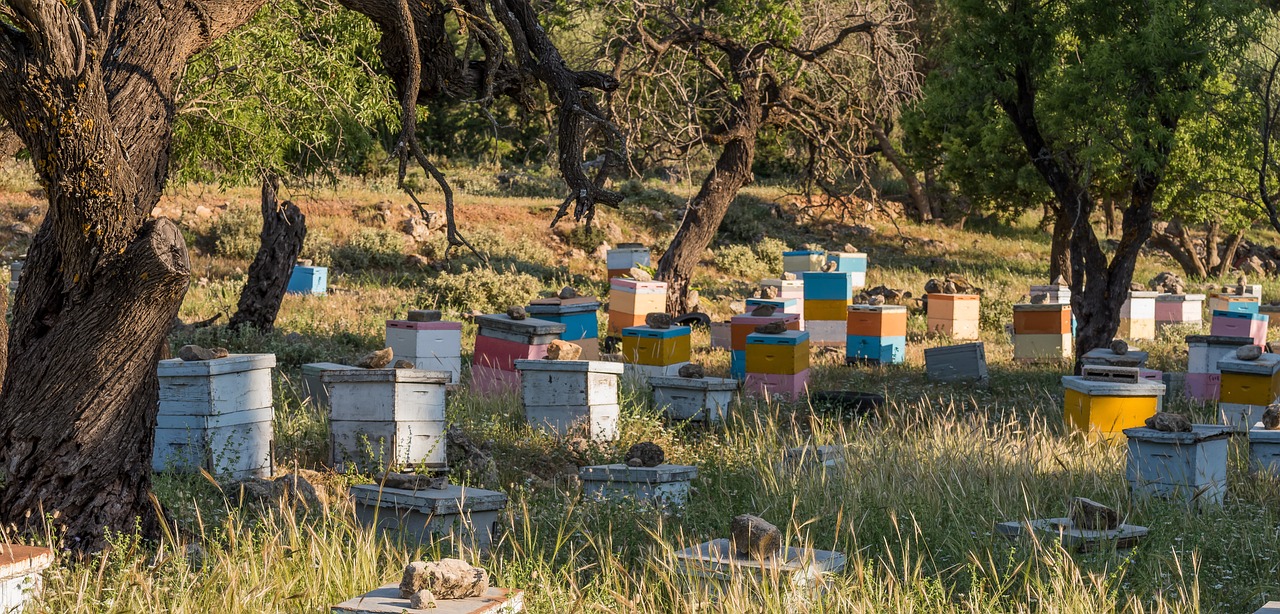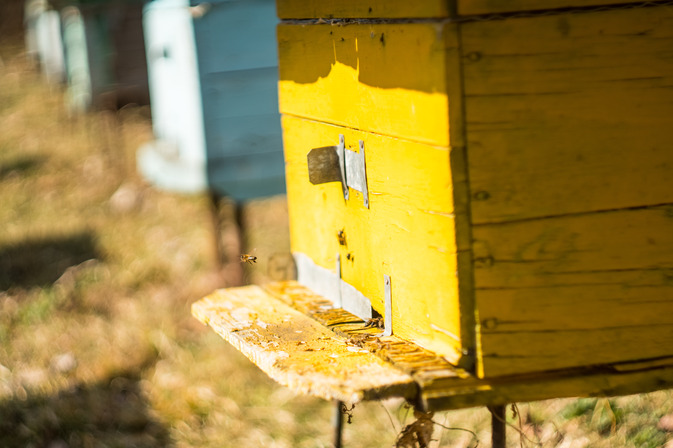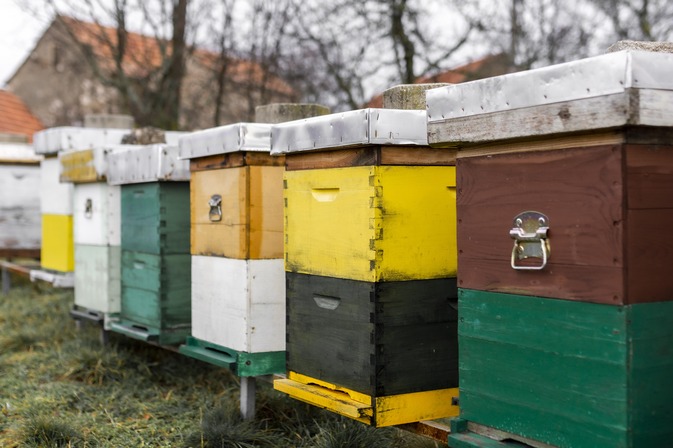
Empowering Communities
-
Name
The Kwale Nuru Water Project
-
Category
Economic
-
10000 USD
Project Value
-
Date
March 21, 2023
Transforming Communities and the Environment
We have distributed over 250 beehives, accompanied by essential training in modern beekeeping techniques, to empower communities. This initiative, valued at approximately Ksh. 1 million, has not only created economic opportunities but also reinforced environmental conservation efforts.
Through this beekeeping initiative, we have not only enriched the lives of individuals but also contributed to the well-being of the planet. By supporting beekeeping, we are planting the seeds of sustainable development—ensuring that communities thrive alongside the environment they depend on.
This program reflects our unwavering commitment to uplifting lives while nurturing nature, creating a harmonious balance between economic growth and ecological preservation.

